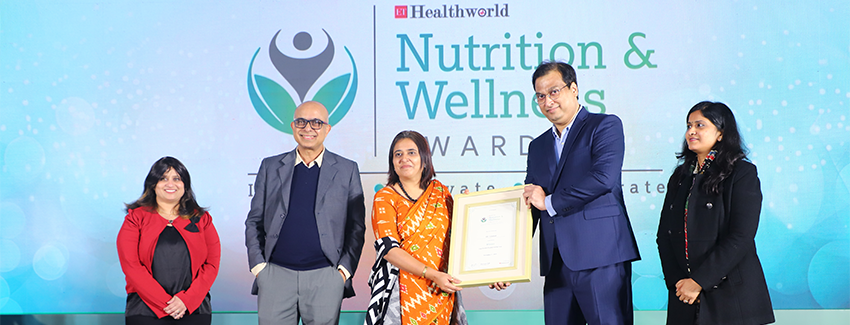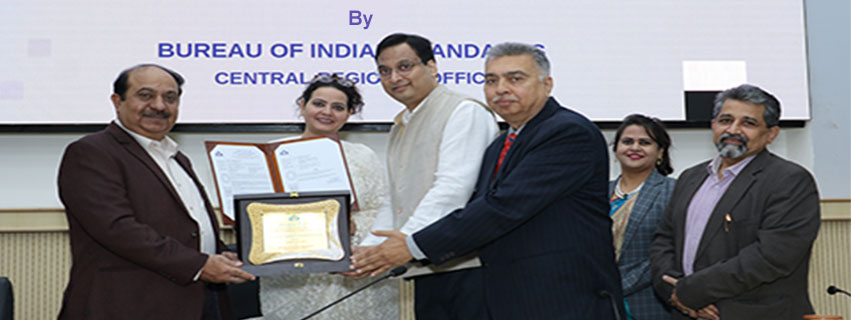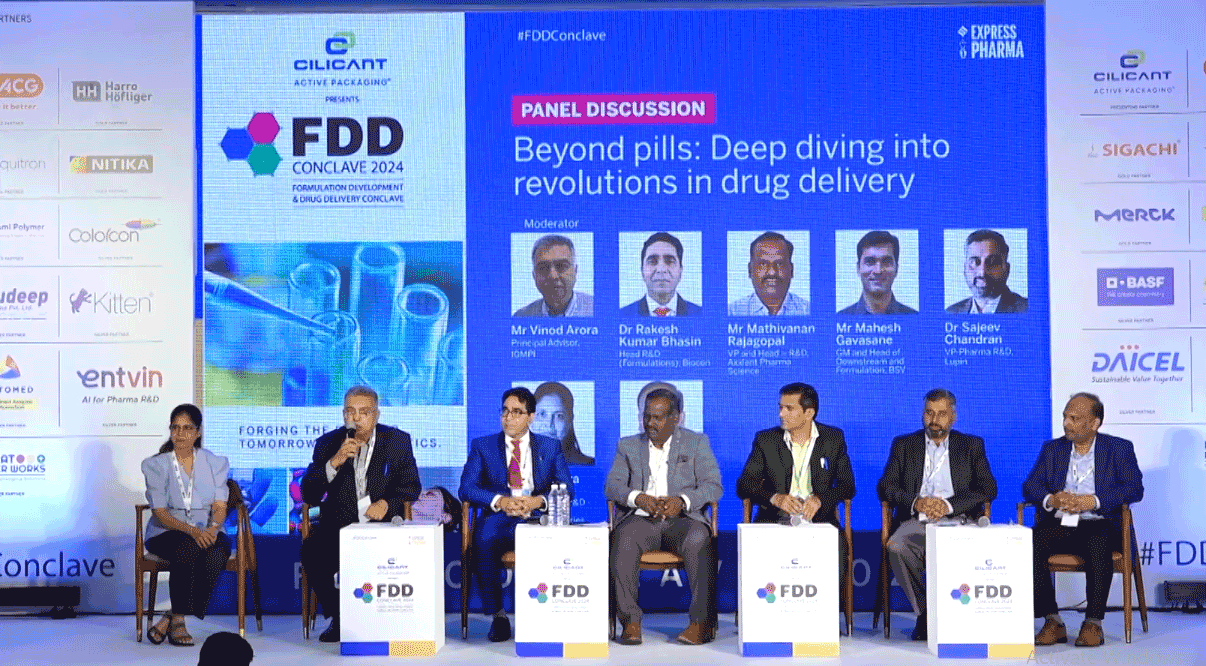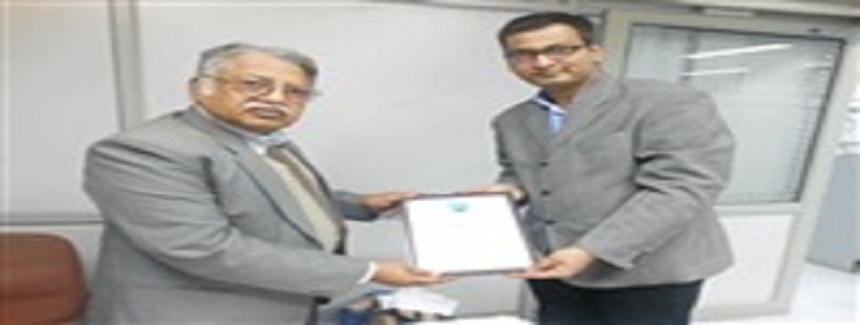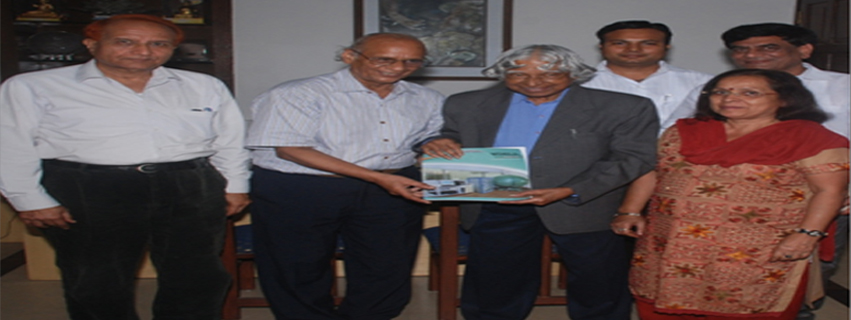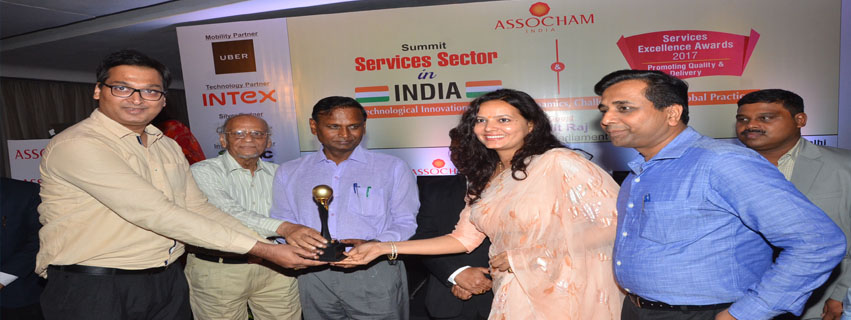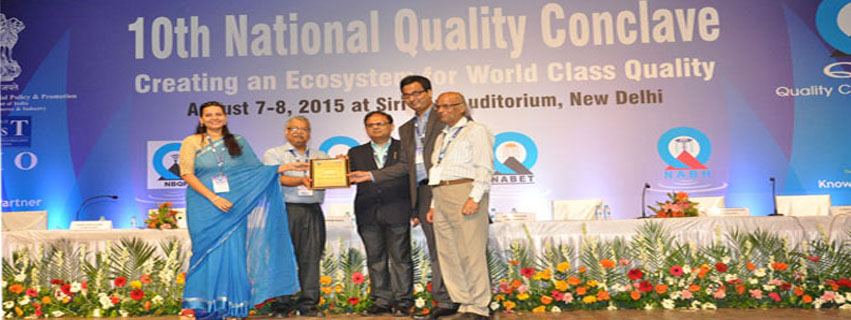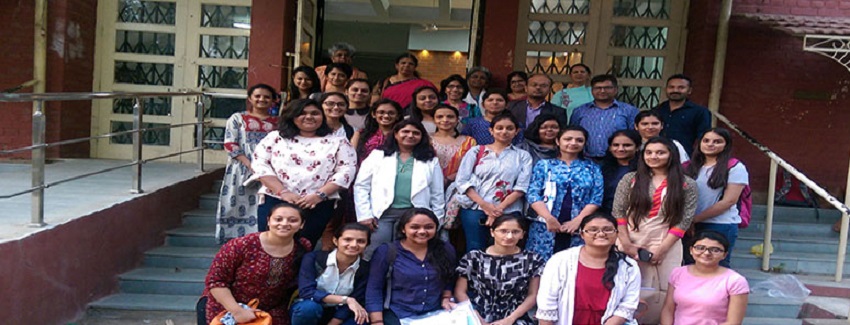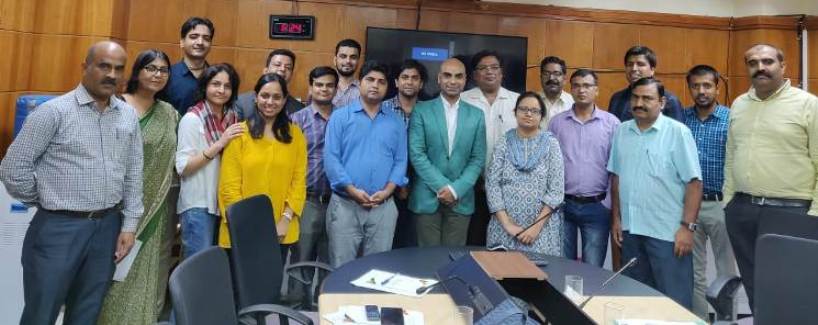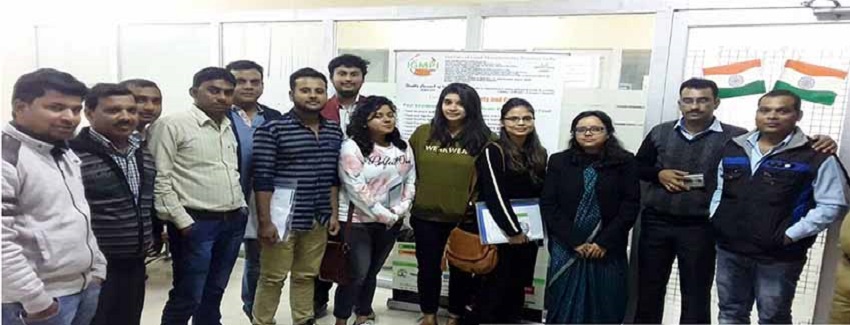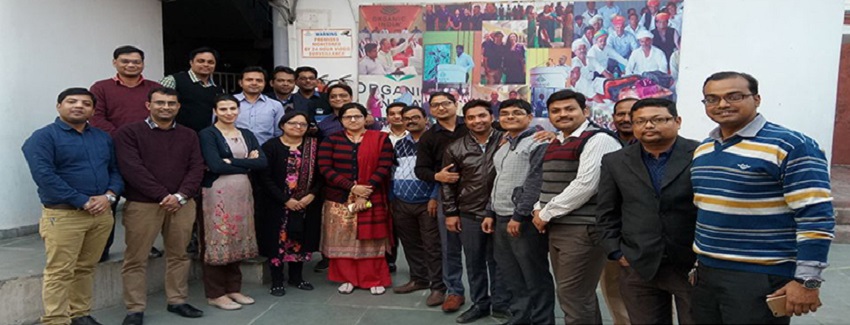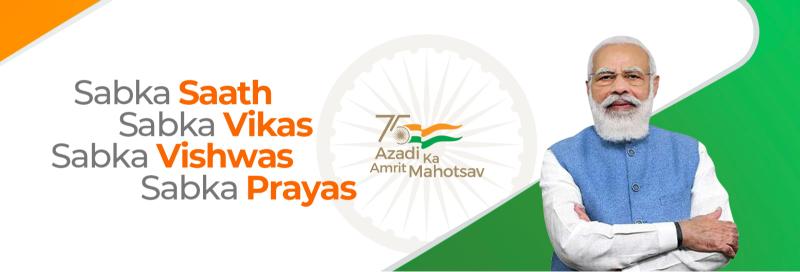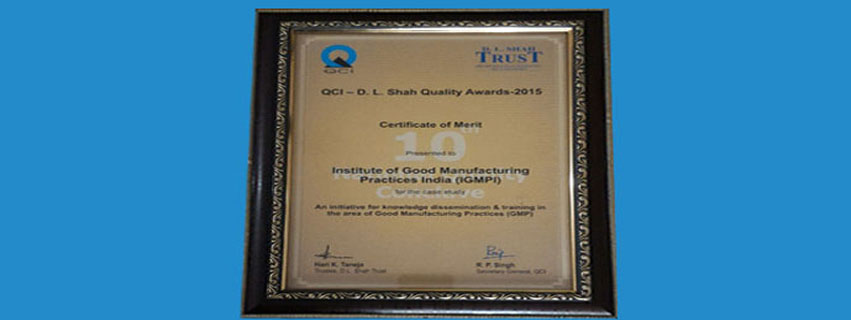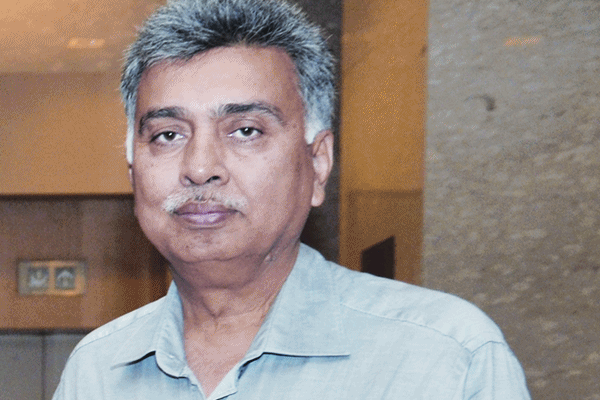(An Autonomous Body Recognized by Ministry of Commerce & Industry, Government of India)
Competency based placement focussed Education | Training | Research | Consultancy
Post Graduate Diploma/Executive Diploma in Pharmacokinetics and Pharmacodynamics (PGKPC/EPKPC)
This program is devised to equip pharmaceutical, biotechnology, clinical research and marketing professionals with both foundational knowledge and cutting-edge expertise in drug absorption, distribution, metabolism, elimination, and pharmacological action. As modern drug development increasingly relies on model-informed drug discovery and development (MIDD), mastery of advanced tools such as Physiologically Based Pharmacokinetic (PBPK) modeling, Finite Time PK modeling (PBFTPK), and model-informed precision dosing has become essential. These approaches enable the prediction of drug behaviour across diverse patient populations, assessment of food-drug and drug-drug interactions, and optimization of dose regimens, thereby enhancing therapeutic outcomes. Regulatory agencies such as the FDA, EMA, and CDSCO now expect robust PK/PD data, simulations, and bioequivalence evaluations to support approvals of both innovator and generic drugs. This course bridges the gap between scientific innovation and regulatory compliance, ensuring participants can apply PK/PD principles to real-world drug development, clinical trial design, marketing and post-marketing therapeutic optimization with high clinical relevance.
Programme Structure
International Affiliation with
Programme Structure
International Affiliation with
Module 1: Introduction to Pharmacokinetics and Pharmacodynamics
- Fundamentals of Pharmacokinetics: ADME principles: Absorption, Distribution, Metabolism, Excretion, Bioavailability and bioequivalence, PK parameters
- Fundamentals of Pharmacodynamics: Dose–response relationships, Agonists, antagonists, partial agonists, Receptor theory and signal transduction pathways, Therapeutic index and safety margins
Module 2: PK/PD in special populations: Population Pharmacokinetic (popPK)
- Pediatric, geriatric, pregnant, and lactating patients
- Patients with renal or hepatic impairment
- Genetic polymorphisms and pharmacogenomics impact
Module 3: Central Nervous System (CNS) Drugs
- Categories: Analgesics, sedatives, hypnotics, antidepressants, antipsychotics, antiepileptics, CNS stimulants
- Mechanism: Modulation of neurotransmitters (dopamine, serotonin, GABA, glutamate), Ion channel modulation, Blood–brain barrier penetration factors
Module 4: Cardiovascular Drugs
- Categories: Antiarrhythmics, antihypertensives, antianginals, anticoagulants, antiplatelets, thrombolytics, lipid-lowering agents
- Mechanism: Beta-blockers, calcium channel blockers, ACE inhibitors, ARBs, Modulation of clotting cascades, Lipid metabolism modulation
Module 5: Anti-infective Agents
- Categories: Antibiotics, antivirals, antifungals, antiparasitics
- Mechanisms:Cell wall synthesis inhibition, Protein synthesis inhibition, Nucleic acid synthesis inhibition, Enzyme inhibition in pathogens
Module 6: Endocrine & Metabolic Drugs
- Categories: Antidiabetics, thyroid agents, corticosteroids, sex hormones, bone metabolism agents
- Mechanism: Hormone receptor activation/inhibition, Enzyme modulation, Insulin sensitizers and secretagogues
Module 7: Respiratory System Drugs
- Categories: Bronchodilators, corticosteroids, leukotriene modifiers, mucolytics, antitussives
- Mechanisms: Smooth muscle relaxation via β2-adrenergic stimulation, Inflammatory mediator modulation, Mucus secretion regulation
Module 8: Gastrointestinal (GI) Drugs
- Categories: Antacids, proton pump inhibitors, H2 antagonists, laxatives, antidiarrheals, antiemetics
- Mechanism: Acid secretion inhibition, GI motility modulation, Neurotransmitter receptor antagonism
Module 9: Reproductive & Urinary System Drugs
- Categories: Hormonal Contraceptives, Fertility Drugs, Hormone Replacement Therapy (HRT), Diuretics, Drugs for Urinary Tract Infections (UTIs), Urinary Alkalinizers
- Mechanism: Physiological roles of the reproductive and urinary systems, Hormonal control (estrogen, progesterone, testosterone, LH, FSH), Kidney function in fluid/electrolyte balance, acid–base regulation, and waste elimination
Module 10: Oncology & Immunomodulators
- Categories: Cytotoxic agents, targeted therapies, immunotherapies, checkpoint inhibitors
- Mechanisms: DNA synthesis inhibition, Signal transduction inhibition, Immune checkpoint blockade
Module 11: PK/PD Integration & Modeling
- PK: Cmax, Tmax, AUC, half-life, clearance, Vd
- PD: Emax, EC50, Hill coefficient
- Integrated: Time above MIC (T>MIC), Peak/MIC ratio, AUC/MIC (for anti-infectives)
- Understanding therapeutic window and optimal dosing intervals
- PK/PD Modeling Tools & Software: NONMEM, WinNonlin/Phoenix, R, MATLAB and Simcyp
Module 12: Applications in Drug Development: Preclinical and Clinical PK/PD Applications
- Dose selection in first-in-human studies
- Modeling for special populations & organ impairment
- Therapeutic drug monitoring (TDM)
- Drug–drug and drug–food interactions
- PK/PD modeling and simulation in dose optimization
- Simulation of clinical trial outcomes based on PK/PD data: Phase 0, I, II, III, IV PK/PD studies
- Adaptive trial designs incorporating PK/PD
- Regulatory requirements for PK/PD studies (USFDA, EMA, CDSCO, ICH)
Module 13: BA/BE studies and Generic Drug Development
- Bioavailability and bioequivalence concepts
- Designing and conducting BA/BE studies
- Statistical methods in BA/BE analysis
- Regulatory requirements for generic drug approval (USFDA, EMA, CDSCO)
Module 14: Current Advancements in Pharmacokinetics and Pharmacodynamics
- PBPK Modelling, PBFTPK and Interaction studies
- PK-PD Modelling simulation in Clinical Practice
- Applications in clinical pharmacology
Module 15: Pharmacometrics
- Model-Informed Drug Development (MIDD)
- Real-World Data
- Application of AI/ML
Module 16: Industry based case studies
Module 17: Capstone Project
Eligibility
Graduates in any discipline are eligible for our Post Graduate Diploma, Executive Diploma and Professional Certification Programmes.
Programme Duration
The minimum duration to complete the PG diploma programme is 12 months and maximum is 24 months. The minimum duration to complete the executive diploma programme is 6 months and maximum is 12 months.
Programme Mode
Registrations are currently open for regular and Part-time (Online Live Classes) both modes.
Programme Deliverables
A comprehensive study material for all the modules in hard copies ensuring the needs of the participants. The accompanying training material is appropriately aligned with the current Industry’s expectations.
- Interactive or online live sessions on all key areas of the programme giving all flexibility to the participants.
- Online Live Classes/Part-time for all the modules will be conducted on the weekends. Moreover, a doubt clearing session will also be scheduled before the examination.
- All the efforts are made by IGMPI faculty members to make the entire programme modules easily understandable.
- Assessment and evaluation for all the programme modules in order to enhance the levels of competencies and skills of the participants leading towards the objective of application in the job.
- At the end of each programme modules, the trainers shall obtain feedback from the participants using specially designed questionnaires.
- All learning and training delivery initiatives shall be conducted in English.
Examination & Certification
After successful completion, the participants will be awarded Post Graduate Diploma/Executive Diploma in Pharmacokinetics and Pharmacodynamics by IGMPI. For all the above-mentioned modules, Online Live Classes/Part-time or face-to-face classes (Regular mode), elaborate programme material, self-assessment assignments would be provided by the Institute. Details get updated on the webpage as well.
Discipline in Classes and Examination
Every student is required to observe a disciplined behaviour during her/his classes, assessments & examinations and to follow instructions from the Professors. Any act of indiscipline may result into discredit & it will be mentioned in her/his academic report.
Placement Assistance & Corporate Relations
The Institute has partnered with many organizations for providing with placement assistance to its participants. Besides, it has a robust placement cell comprised of senior level Human Resources professionals and Talent Acquisition experts which maintains close links with business and industry. This cell is continuously engaged in promoting the employability of our participants and encouraging the concerned Human Resources department and Hiring Managers to recruit/hire our participants for their vacant positions. The efforts of our placement cell also include helping with professional resume writing & interview skills.
Professionals with a Post Graduate Diploma/Executive Diploma in Pharmacokinetics and Pharmacodynamics (PK/PD) are recruited by leading research organizations, contract research organizations (CROs), and global pharmaceutical companies that focus on drug discovery, development, clinical research, and regulatory science. Examples include: Global Pharmaceutical Companies like, Pfizer, Novartis, Roche / Genentech, AstraZeneca, Johnson & Johnson, GSK (GlaxoSmithKline). Contract Research Organizations (CROs) like IQVIA, PPD (Thermo Fisher Scientific), ICON plc, Syneos Health, Parexel. Research & Specialty Organizations like Certara Simulations Plus, Pharsight, Evotec, Charles River Laboratories
These companies actively hire PK/PD scientists, clinical pharmacologists, and pharmacometricians to drive evidence-based decision-making, regulatory approvals, and precision medicine initiatives. The IGMPI's Corporate Resource Division actively recommends our students and training participants for various job requirements and specialized roles to Human Resource, Talent Acquisition as well as the heads of various departments in Pharmaceutical, Healthcare industries on regular basis.
Future career prospects of Pharmacokinetics and Pharmacodynamics (PK/PD)
A Post Graduate Diploma/Executive Diplomain Pharmacokinetics and Pharmacodynamics (PK/PD) opens diverse and high-demand career opportunities across the pharmaceutical, biotechnology, clinical research, and regulatory sectors. Professionals with PK/PD expertise are increasingly sought after in drug discovery and development teams, where model-informed strategies are essential for optimizing formulation design, predicting human pharmacokinetics, and ensuring safe, effective dosing regimens. Roles such as Clinical Pharmacologist, PK/PD Scientist, Pharmacometrics Specialist, and Model-Informed Drug Development (MIDD) Expert are in demand within research organizations, CROs, and global pharma companies. Regulatory agencies (FDA, EMA, CDSCO) and consulting firms require PK/PD-trained experts for bioequivalence evaluations, generic drug approvals, and clinical trial simulations. In the hospital and healthcare setting, PK/PD skills are invaluable for therapeutic drug monitoring and precision medicine programs, especially for oncology, anti-infectives, and biologics. With the growth of AI/ML-based pharmacometrics, real-world data integration, and personalized dosing software tools, certified professionals can also pursue careers in digital health and advanced analytics. The global push for data-driven, patient-centric drug development ensures long-term career stability, attractive remuneration, and opportunities for leadership roles in science-driven healthcare innovation.
Programme Fee Details
Programme fee details will appear here.
Last date for submitting completed Application Form: 17th Feb 2026.
For further enquiries, call or write to us on:
18001031071
(Toll Free -9:00 am to 5:30 pm IST-except on Central Government holidays)/
info@igmpi.ac.in
NEWSLETTER
- AstraZeneca’s NSCLC combination misses primary endpoint in Phase III LATIFY trial
- QurAlis Reports Early Clinical Evidence of Kv7.2/7.3 Target Engagement in ALS
- Biohaven shares Phase II BHV-7000 trial results for major depressive disorder
- AusperBio completes enrolment in Phase III AUSHINE trial for chronic hepatitis B
Other Programmes

